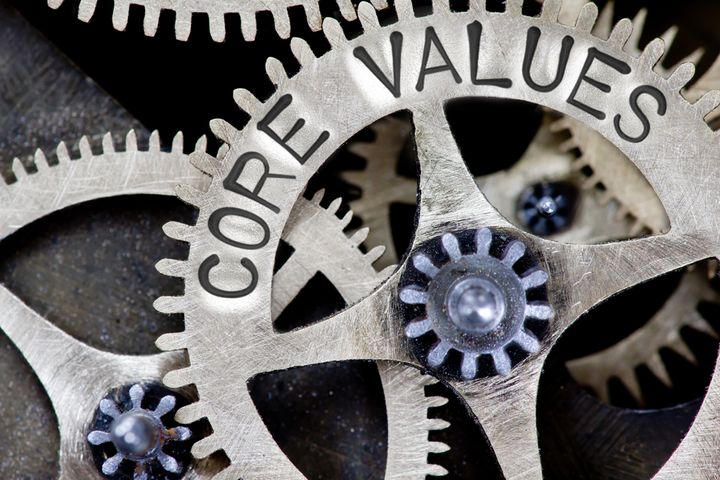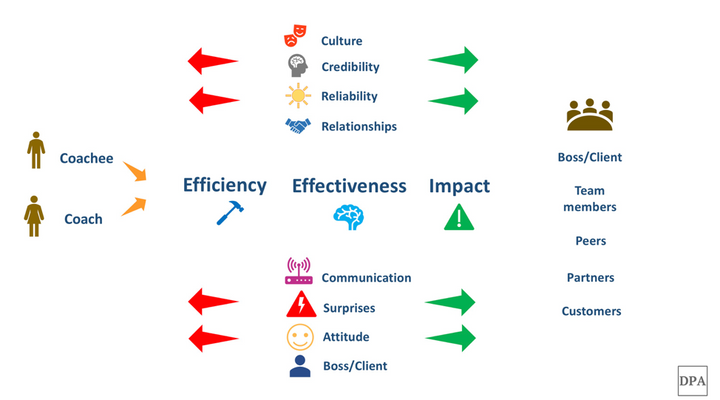Focus on Getting Better, Not Looking Good

In my whole life, I have known no wise people (over a broad subject matter area) who didn’t read all the time — none, zero. Charlie Munger of Berkshire Hathaway
I read this quote recently, and my thoughts turned, as they often do, to the implications lifelong learning has on leadership effectiveness.
I once worked at a firm with a long-tenured senior leader who proudly announced at a staff meeting that he had just read his first business book in 15 years. Unsurprisingly, he rarely carried the torch of thought leadership.
There are many ways for us to improve our skill sets and leadership effectiveness over time including:
1. Reading broadly and frequently about areas of strength and weakness
2. Role modeling effective behaviors and avoiding the ineffective ones
3. Doing the jobs of our people (on the way to becoming a leader and after)
4. Finding and establishing mentor relationships
5. Staying curious at work and raising our hands to fix problems, including in other functional areas
6. Always asking questions
7. Continuously asking questions
8. Incessantly asking questions
One of the things that get in the way of a lifelong learning mentality is our ego. Ignorance of a topic is a stop sign for too many leaders. If instead, we treat ignorance as a trigger to educate ourselves, a new world of possibilities opens to us. The benefit of being an experienced leader is that I am reminded every day of how little I know rather than how much. I use that as a trigger to keep reading, listening, and watching.
It is easy to default to looking good rather than taking the longer, riskier road to getting better. Paradoxically, those leaders that choose to ask questions, admit ignorance, and show their vulnerability, are precisely the ones that become most effective and have people clamoring to work with them.
We see vulnerability as more human, less self-oriented, and more approachable. This quality leads to higher perceived trustworthiness, an essential attribute of effective leaders.
Imagine the difference a getting better model would have on the effectiveness of our US political leaders if they chose to recognize diverse opinions, displayed vulnerability, asked questions openly, listened for understanding, and became role models of reading and learning broadly as part of a lifetime of learning.
Takeaway: All the resources we need to become more effective leaders are at our fingertips. We simply need to acknowledge that ignorance is temporary and we can choose to keep learning, evolving, and growing. And don’t our people deserve that kind of leader?


